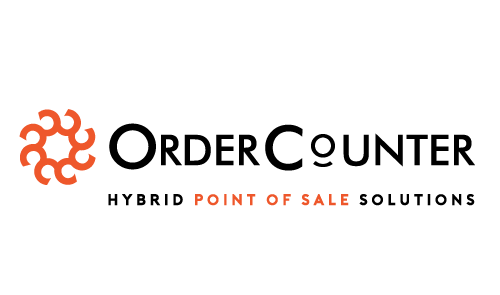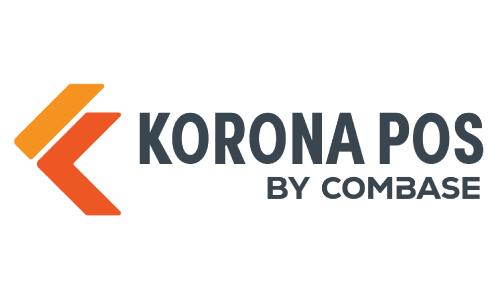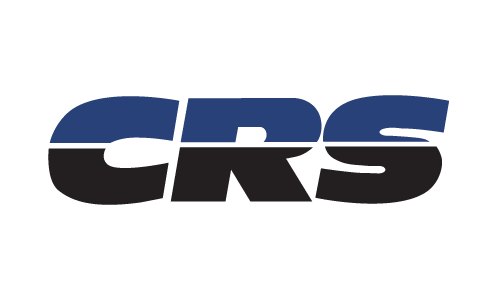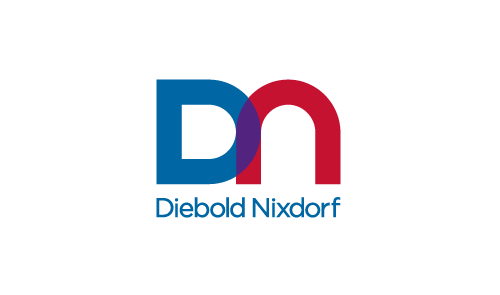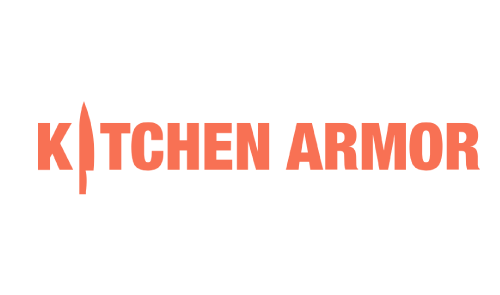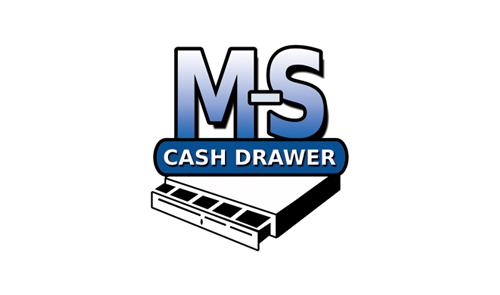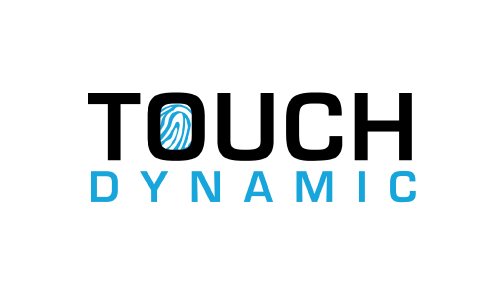
DISC Assessment Program for Teams
-
Register
- Basic - Free!
- Select - Free!
- All Access - Free!
Everyone is different, which can make it difficult for us to interact with each other. What is it that makes people different? What is it about an irritating coworker that makes him or her irritating to you? By looking into DISC personality types, we can recognize our own tendencies, so that we can better recognize tendencies in others. Having this information will help you strengthen relationships and become a better employee, manager, friend, spouse, parent, etc.
-
Contains 2 Component(s), Includes Credits
In this first course, we’ll introduce you to the DISC model and describe the four different DISC styles. (Note: Be sure to watch this series in order.)
In this first course, we’ll introduce you to the DISC model and describe the four different DISC styles. (Note: Be sure to watch this series in order.)
-
Contains 2 Component(s), Includes Credits
In this second program of the DISC series, we’ll help you determine your DISC style. Download and take the self-assessment, completing all three sections. As you fill it out, consider your behavior at work. Rate each answer with a four, three, two, or one (four being the most like you, one being the least). Be honest, and remember there is no right or wrong, better or worse DISC style. *Be sure to watch this series in order.
In this second program of the DISC series, we’ll help you determine your DISC style. Download and take the self-assessment, completing all three sections. As you fill it out, consider your behavior at work. Rate each answer with a four, three, two, or one (four being the most like you, one being the least). Be honest, and remember there is no right or wrong, better or worse DISC style. *Be sure to watch this series in order.
-
Contains 2 Component(s), Includes Credits
In this third program of the DISC series, we're going to discuss the four different DISC styles more in-depth. We'll take a look at how each type handles stress or conflict, how they're motivated, what they fear, and what their strengths are. We'll also go over some DISC styles of famous TV and movie characters to give you some perspective.
In this third program of the DISC series, we're going to discuss the four different DISC styles more in-depth. We'll take a look at how each type handles stress or conflict, how they're motivated, what they fear, and what their strengths are. We'll also go over some DISC styles of famous TV and movie characters to give you some perspective.
-
Contains 2 Component(s), Includes Credits
In this fourth program of the DISC series, we're going to teach you a very quick way to determine someone else's style. Things to look at include pace, language, how they ask questions, conflict approach, and even the appearance of their desk. *Be sure to watch this series in order.
In this fourth program of the DISC series, we're going to teach you a very quick way to determine someone else's style. Things to look at include pace, language, how they ask questions, conflict approach, and even the appearance of their desk. *Be sure to watch this series in order.
-
Contains 2 Component(s), Includes Credits
By now you have a basic understanding of the DISC personality types. You know their tendencies, and you know how to identify different personality types in the people you interact with. Just knowing someone's personality is a great place to start working together more efficiently, but it's also helpful to have an understanding of the common outcomes when certain types work together. That's what we'll cover in this final program of this DISC series. *Be sure to watch this series in order.
By now you have a basic understanding of the DISC personality types. You know their tendencies, and you know how to identify different personality types in the people you interact with. Just knowing someone's personality is a great place to start working together more efficiently, but it's also helpful to have an understanding of the common outcomes when certain types work together. That's what we'll cover in this final program of this DISC series. *Be sure to watch this series in order.




